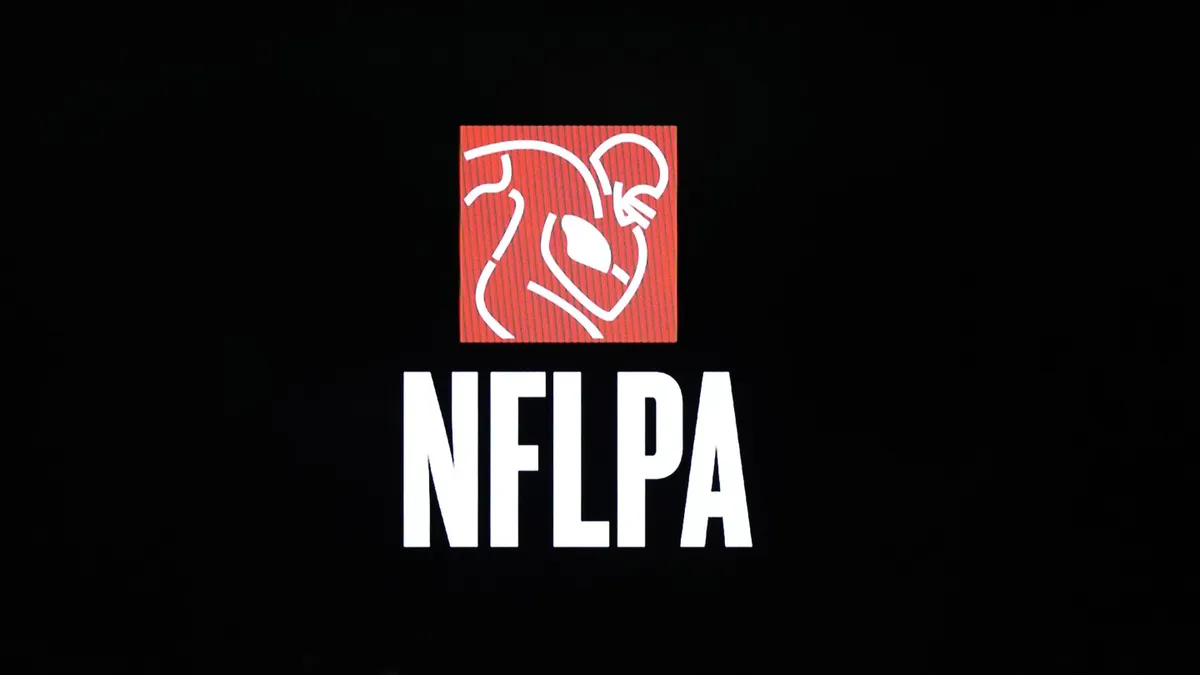
The NFL Players Association (NFLPA) board convened on Friday night, just one day after the sudden resignation of executive director Lloyd Howell. This meeting marked a critical moment for the union, as the first order of business was to appoint an interim executive director while the search for a permanent replacement gets underway. The situation has quickly escalated, resembling an unfolding episode of a high-stakes political drama.
According to sources, including Dianna Russini from The Athletic, the race for the interim executive director position is shaping up to be a contest between two leading candidates: JC Tretter, who currently enjoys majority support, and Don Davis, the NFLPA's chief player officer. While other names have been mentioned, Tretter and Davis appear to be the frontrunners in this pivotal decision for the future of the union.
JC Tretter brings experience as the union’s chief strategy officer, while Don Davis has gained recognition as the chief player officer. Davis’s name surfaced shortly after Howell’s resignation, particularly following reports of a troubling conflict of interest involving Howell’s side job as a consultant for The Carlyle Group, a private-equity firm that has received approval to acquire minority interests in NFL teams. This revelation has led to increased scrutiny of Howell’s leadership and the NFLPA as a whole.
However, Tretter's candidacy is not without controversy. Reports indicate that a group of NFL players are actively questioning Tretter's leadership and discussing potential legal action against the NFLPA. Their concerns center around inclusion, labor rights, and possible misuse of union dues. These issues were exacerbated by a text message critical of Tretter that circulated on Friday night, indicating a growing divide within the union.
Additionally, there are apprehensions regarding Tretter’s close ties to Howell, especially as federal investigations into Howell’s dealings with OneTeam Partners continue. As new information comes to light regarding Howell's management of union dues, Tretter's proximity to the former executive director could subject him to heightened scrutiny. The NFLPA Constitution lacks a clear procedure for appointing an executive director, which could allow the executive committee to unilaterally decide on Tretter’s interim appointment, potentially disregarding the desires of the board and the players.
The situation surrounding Tretter is complicated by his past decisions. He was instrumental in the process that led to Howell's hiring, which raises questions about his judgment and leadership capabilities. Tretter has also faced criticism for his statements and actions, including comments made about quarterback Russell Wilson's contract negotiations and his involvement in managing the union's response to a partial win in a collusion case.
As outside counsel continues to investigate Howell's activities, including a recent expense report controversy, the implications for Tretter's potential leadership are significant. Should Tretter be appointed as interim executive director, it is crucial for the NFLPA to establish clear conditions, such as his commitment to refrain from seeking the permanent position and to avoid involvement in the ongoing search process.
As the NFL Players Association grapples with this leadership transition, the path forward remains fraught with challenges. The coming weeks will be critical in determining not only the future of the NFLPA but also the broader implications for player representation within the league. With a divided board and growing concerns among players, the selection of a new executive director will require careful consideration and transparency to restore confidence in the union's leadership.